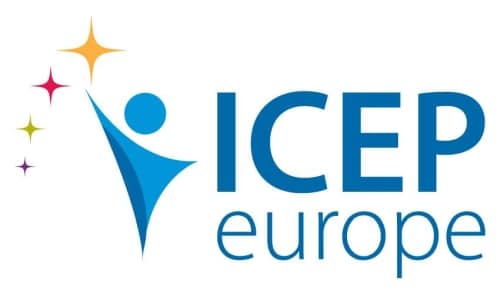ESCALATE
This project examined the role of the teacher education tutor and the strategies used to facilitate teaching and learning online.
Overview and Objectives
With the current proliferation of online courses, there is a new and different dimension in the learning culture of teacher education. Many tutors are moving from traditional pedagogies of face-to-face (F2F) teaching to become online educators often with limited or no pedagogical training in this context.
As the numbers of pre-service, in-service, and continuing professional development courses being offered online at Universities and Colleges increase, it has become evident that experienced F2F tutors do not become expert online tutors overnight. Levy (2003) suggests that tutors need to be willing to make the change to online teaching but need training and support to do this successfully.
Palloff and Pratt (2001, p.23) claim, “faculty cannot be expected to know intuitively how to design and deliver an effective online course”. The pedagogy of online learning requires training. The role of the online tutor is vital in developing and maintaining an effective online learning environment. Tutors must be skilled in preparing and presenting online courses that promote learning and must be able to develop an effective and dynamic community of learners. As Palloff and Pratt (2001, p.29) suggest, “Without the support and participation of a learning community, there is no online course”.
This project examined the role of the teacher education tutor and the strategies used to facilitate teaching and learning online. It examined ways that effective teacher-educators utilise technology to support student learning and participation, and to develop effective communities of practice.
The three main objectivesof this study were:
- To examine current teacher educators’ experiences of moving from the traditional model of regular F2F classes to one where students and tutors can participate fully and interactively online at any time during the course, and to highlight the potential ‘enablers’ and ‘barriers’ to this mode of teaching and learning.
- To provide specific recommendations and priorities for professional development of tutors involved in all aspects of teacher education to support their transition to online teaching and in the development of communities of practice.
- To develop an e-zine (electronic toolkit) containing tried and tested strategies that can be used in the professional development of tutors as they move into the virtual world of online pedagogy.
Activities/Outputs
The researchers took a mixed method approach as recommended by Creswell (2007) giving equal priority to the qualitative and quantitative data. This included interviews, an electronic survey, and focus groups with current teacher education practitioners involved in online teaching. Data was collected and analysed in phases and results merged for the final report. The research utilised both forms of data in order to provide more complete insights into the research problem and to address the specific research questions.
The main outcome of the project was an e-zine (online toolkit) highlighting recommendations for the professional development of teacher education tutors making the change to online teaching. The contents included both updates on theoretical models and exemplifications of good practice in implementing these models as captured from the survey, the focus group interviews, wiki tasks and/or YouTube videos.
Impact
It was anticipated that the findings from this research will contribute to an informed debate about what should be expected from effective teacher educators in the 21st century. Findings could be incorporated into current staff development and CPD for school or college tutors and lecturers in Initial Teacher Education, Masters in Education courses and in programmes such as the Postgraduate Certificate in Higher Education Teaching (PGCHET) offered by Universities throughout the UK and similar programmes further afield. A consequence of this staff development opportunity may be the improved use of online pedagogies by tutors resulting in an improved experience of online teaching and learning for all.
Partners
This research was carried out by a collaborative team comprised of Dr Pamela Cowan, School of Education, Queen’s University, Belfast, Reverend Professor Peter Neil, School of Education, University of the West of Scotland and Dr Eileen C. Winter, ICEP Europe (adjunct tutor, School of Education, QUB).
Funding
The project was funded by ESCalate (Education Subject Centre of the Higher Education Academy).

-
Project Duration
2010-2011
-
Email for Project Contact
Aleksandra Szproch (Senior Research Officer, ICEP Europe)
a.szproch@icepe.eu
-
Project Website:





